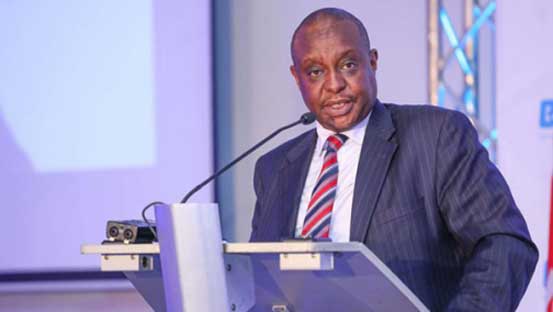×
The Standard e-Paper
Join Thousands Daily

NAIROBI, KENYA: Kenya has questioned a decision by credit ratings agency Moody’s to downgrade the East African country’s debt at a time when senior officials are travelling abroad to market new dollar bonds.
Moody’s downgraded Kenya’s rating to “B2” from “B1” on Tuesday and assigned a “Stable” outlook. It cited concerns about a gaping fiscal deficit for the downgrade.







